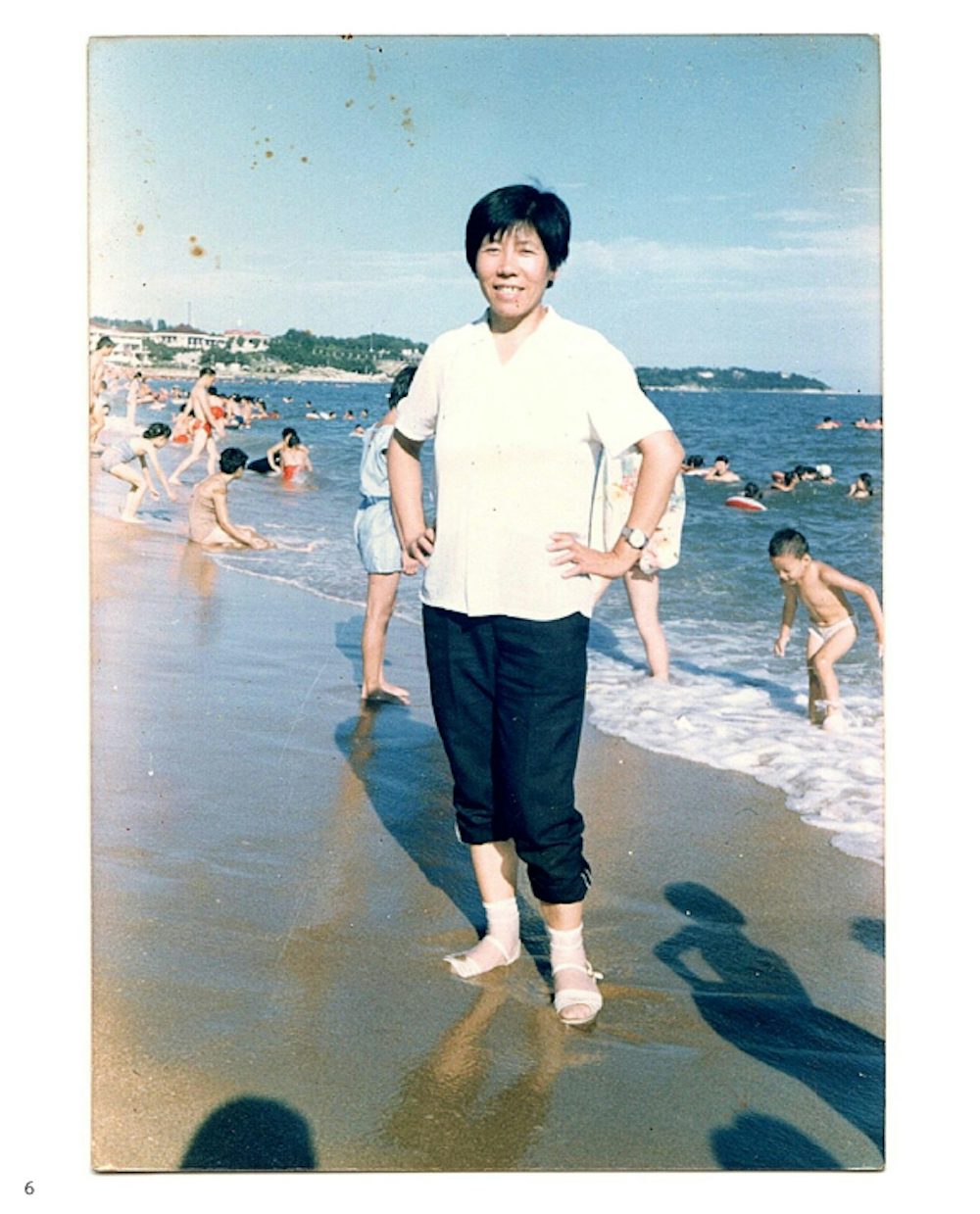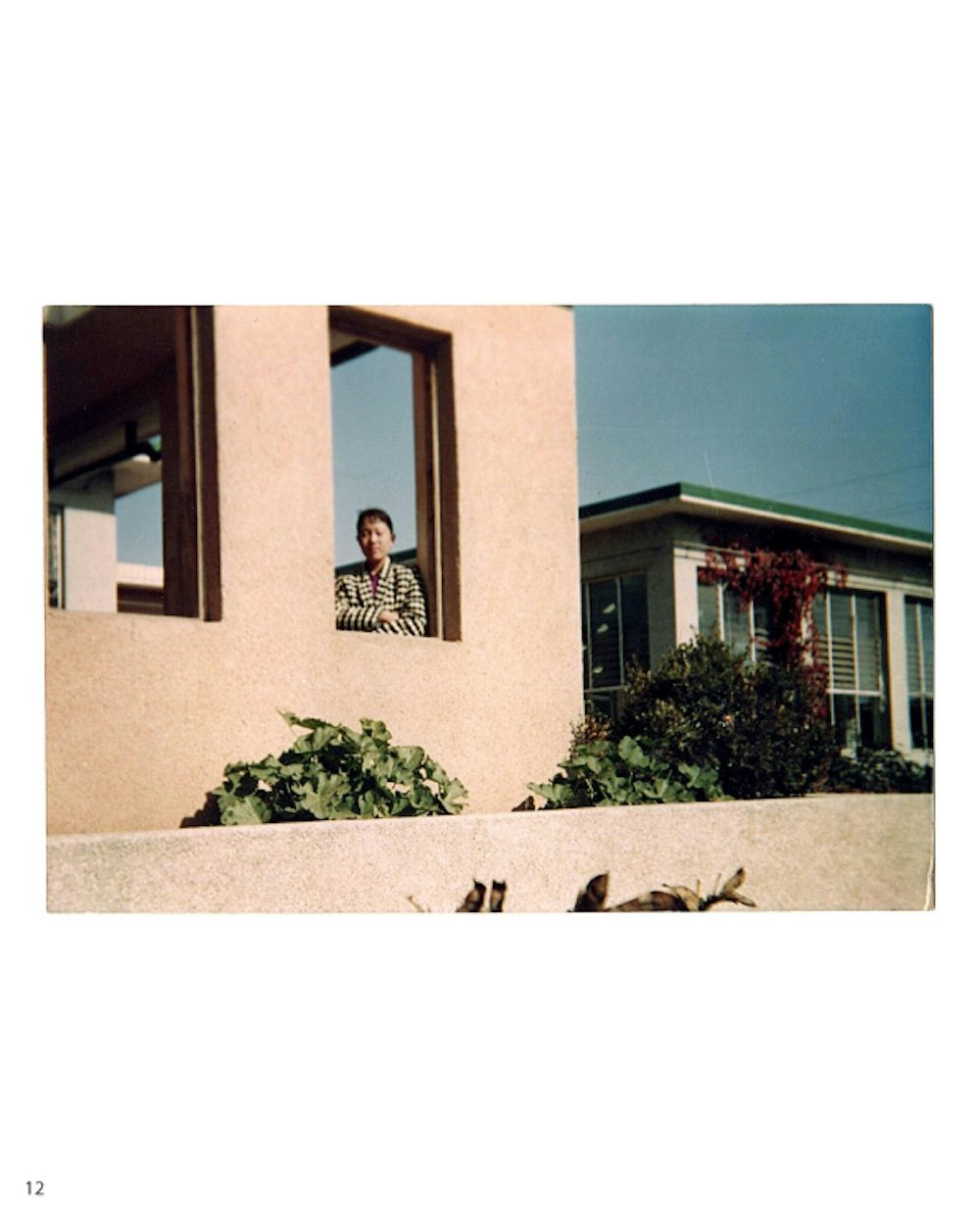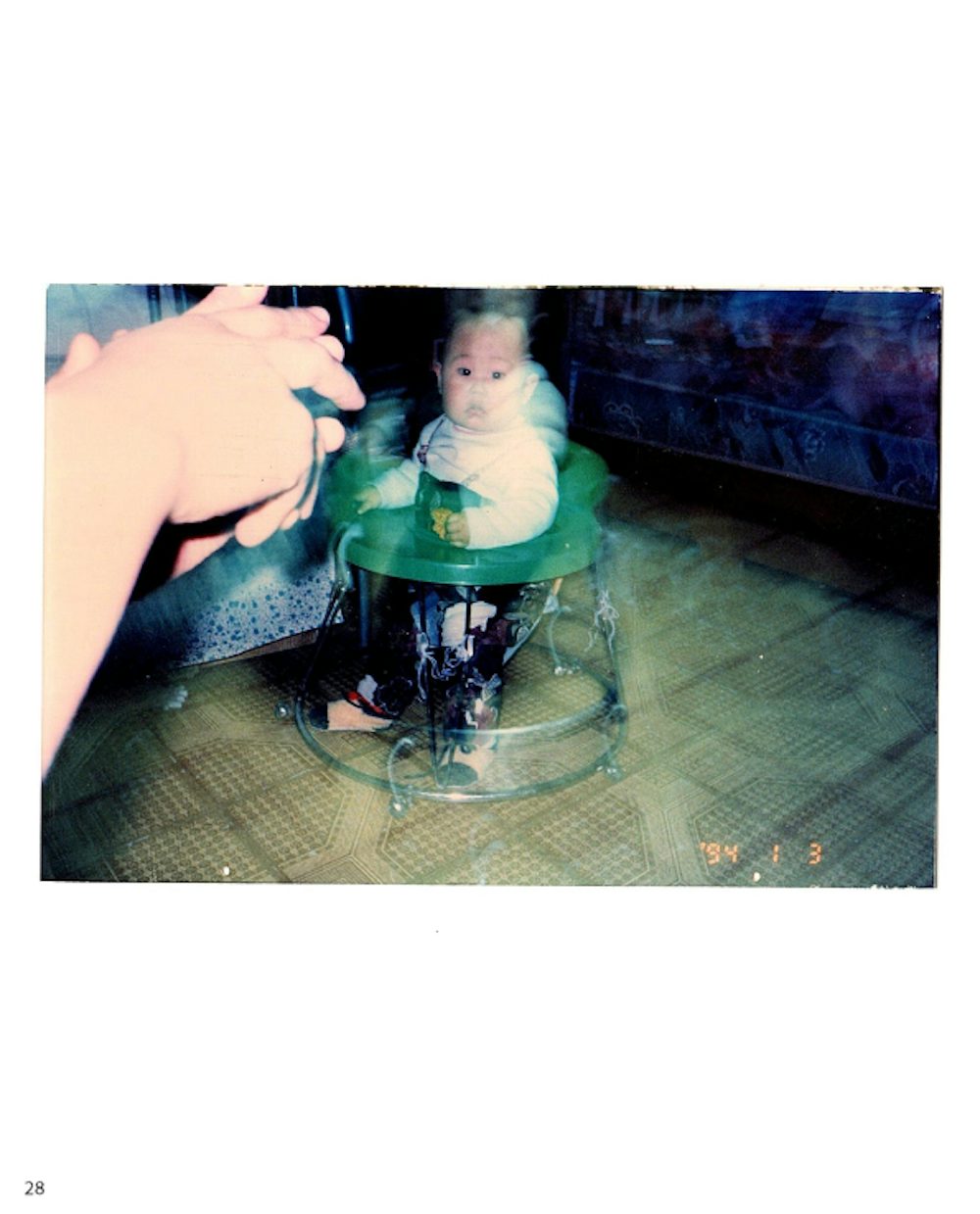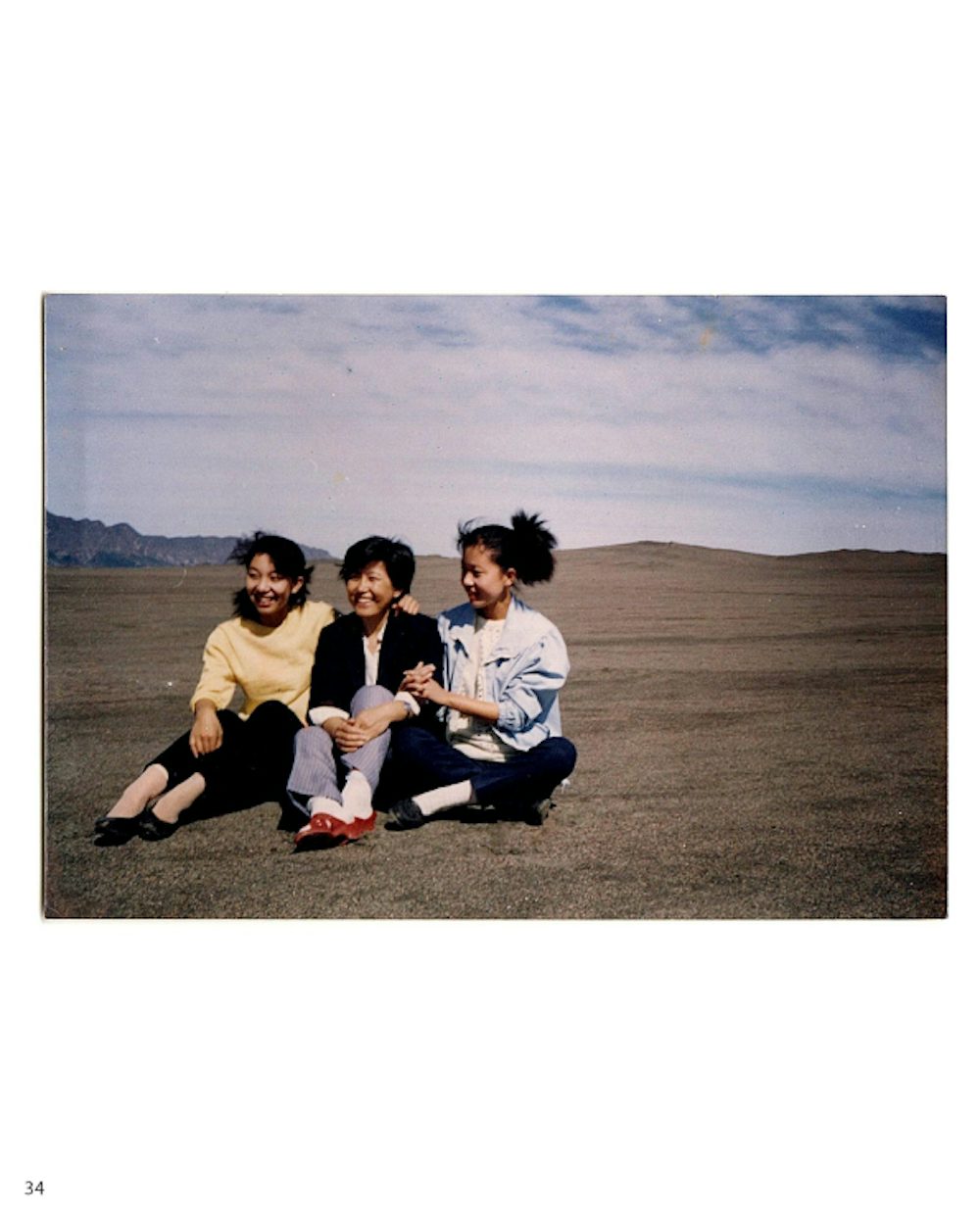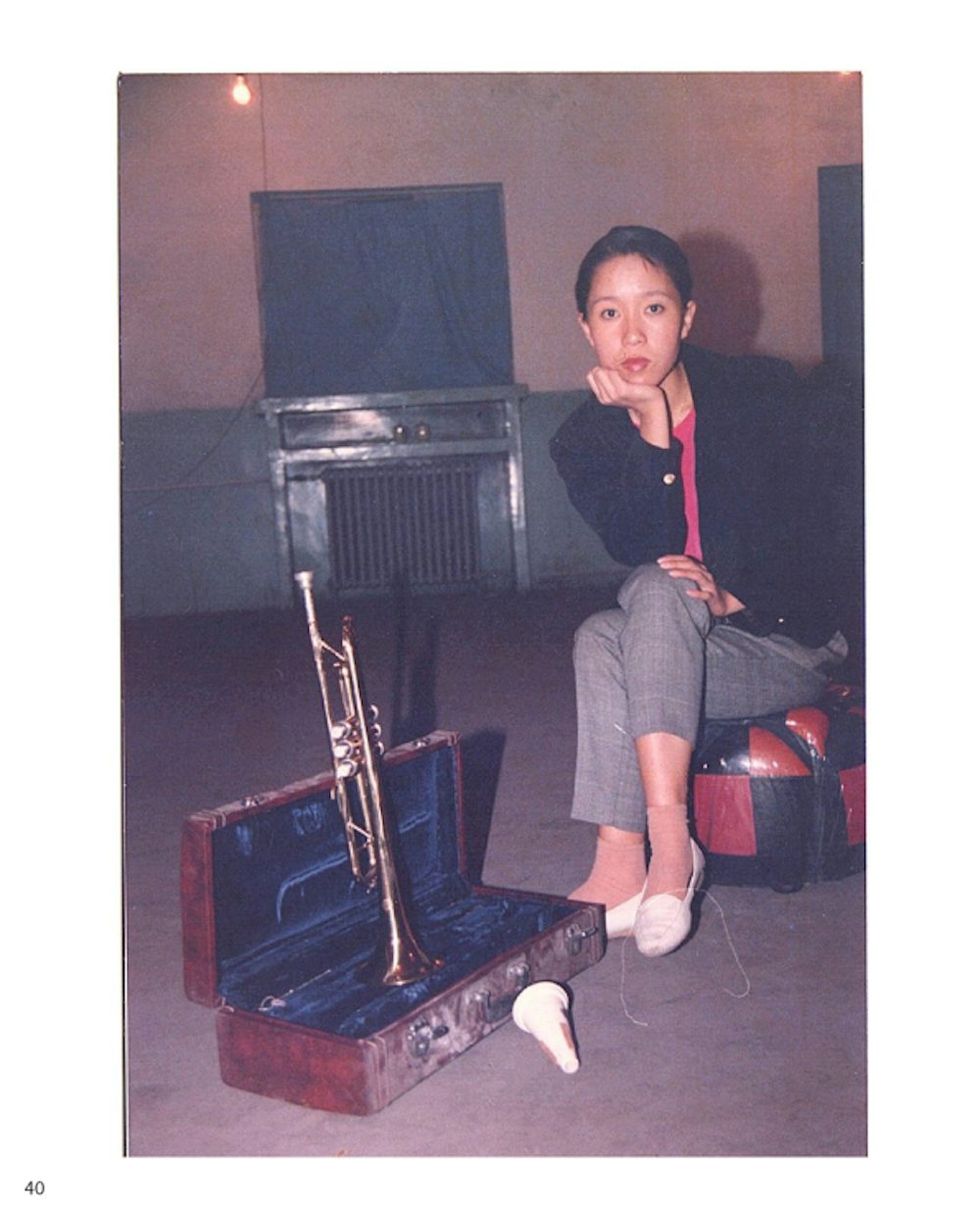Suyuan Zheng
"Inheritance"
Keywords: archival practice, documentation, identity, publishing, photography
What do our possessions say about us? More specifically, what do they say about our past, present, and our future? Many families possess a "family archive"; documents, photographs, heirlooms, scrapbooks, recipes, and a whole range of other items that "reveal insights" into past generations and preserve family stories for those yet to be born. They may never have thought of these assemblages as "archives" 1, but by retaining and preserving possessions, these items mould a sense of family identity, consciously or otherwise. In my opinion, inheritance is to pass on and display both hardship and happiness of familial lived experience. Through these archives, each generation can experience the character and lives shared by those who went before them.
How does our memory (through inheritance) develop over time; From when we see objects that belonged to others? From what we heard from our parents? My hometown is a mining town called Qian an, where all the mines in northern China are located. All its inhabitants worked in the mining sector. The same is true for my grandmother. She lived there her entire life, at the same time she took care of me, running between our hometown and Beijing. All the characters she has shown in her life have always influenced us. This too is what I have inherited from her. In Chinese culture, inheritance culture is the most important. Because China has a history of thousands of years by continually preserving and inheriting both ancient cultural relics and ideologies.
Grandma things is a memoir, which tells the story of my grandmother's experiences and memories through compiling a series of photographs.
1 Leong, E. 2013. “Collecting Knowledge for the Family: Recipes, Gender and Practical Knowledge in the Early Modern English Household.” Centaurus; International Magazine of the History of Science and Medicine 55 (2): 81–103.
